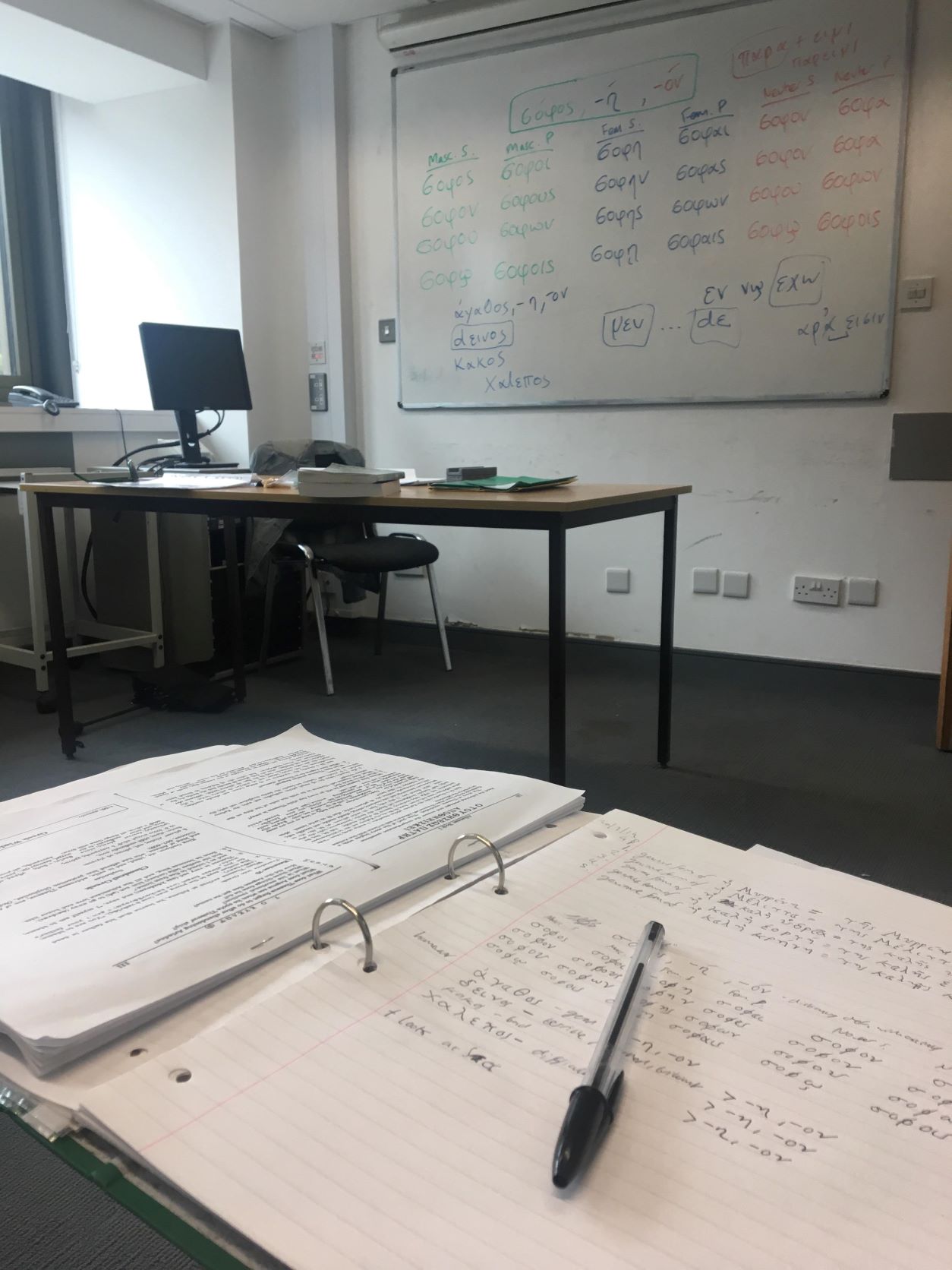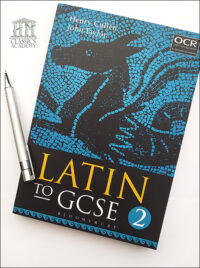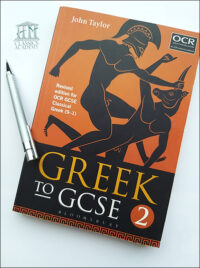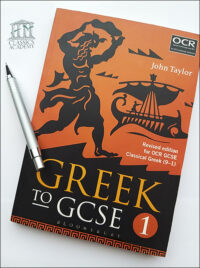Description
The ninth Belfast Summer School in Ancient Languages will take place in July 2024.
The virtual summer school will take place from Monday 8th July until Friday 19th July. Classes will be available in Latin and Classical Greek at all levels, Modern Greek for Beginners, and an introduction to Egyptology. The virtual summer school is a continuous two week course, If students wish to attend for one week only, it is advised that they enrol for the first week.
This year we are also offering a week-long online Summer School in Classical Greek, from Monday 22nd July until Friday 26th July, aimed at 10-14 year olds. (Please note the change in date.)
The in-person summer school will be at Queen’s University Belfast from Monday 22nd July until Friday 26th July, and classes will be available in Latin and Classical Greek at all levels.
BELFAST SUMMER SCHOOL GUEST LECTURE SERIES
Accompanying the summer school will be a series of online guest lectures which are open to everyone. Registered students will receive the Zoom links for guest lectures. These are free and open to the general public, and those interested may register closer to the time to receive the Zoom links. Speakers will be announced soon.
Summer School fees are as follows: two week virtual course: £150; one week virtual course: £80, and one week in-person course: £95. Please note, accommodation is not included in the in-person fee.
It is not necessary to purchase textbooks for the Summer School. All notes and worksheets will be provided.
Have a question? Click here for frequently asked questions about the Summer School.
Click here to download the 2024 provisional online programme. (Please note, the programmes are subject to change.)
Click here to watch the 2023 Summer School highlights.
Scroll down for detailed list of classes.
ONLINE AND IN-PERSON SUMMER SCHOOL
Latin for beginners: In this course you will start at the absolute beginning, learning about how Latin forms its basic tenses (e.g. Present, Future, Imperfect) and how its nouns and adjectives look when used in different parts of a sentence. By the end of the course you will be familiar with case usage, tenses, and be able to translate a good range of basic sentences, including basic sentences in both adapted and original Latin.
Post-beginners Latin: This course is for students who already have the basics of Latin. You will be expected to understand what the different cases are, and at least one or two of the noun declensions. You will also be expected to understand at least the Present Tense Active forms of verbs. From there, we will introduce the other noun declensions, as well as the other Active tenses, finally touching on the Passive voice and participles. We will tackle practice sentences and passages throughout the course, and finally attempt unseen passages of original, unadapted Latin. These will be taken from a range of sources, but we will attempt both prose and poetry from the ancient world.
Intermediate Latin: This course is for students who are familiar with all of the declensions and both the Active and Passive voices of all the verb tenses, as well as participles. We will cover more advanced grammar, for example, the Subjunctive mood and the different types of clauses (temporal, conditional, purpose, result), along with indirect statements and questions, before tackling a more advanced passage of Latin. The aim here is to consolidate your existing knowledge, building on material you covered in previous summer schools, or indeed previous Latin experience from school, university, or your own personal learning. This course will set you up well for tackling unadapted Latin texts on your own, with the help of a dictionary and grammar book.
Advanced Latin: Students will deal with completely unadapted and original Latin texts. A relatively advanced knowledge of Latin vocabulary and grammar will be required for this class. Students will undertake independent translation under the guidance of their instructor, who will offer explanation of the more advanced grammatical concepts you will encounter. The class will read texts from the A level syllabus.
Classical Greek for beginners: no previous knowledge of Greek is necessary for this course. Students are asked to learn the Greek alphabet before commencing the course, and instructions and a worksheet will be provided. We will learn about how verbs are formed, and about noun declensions. By the end of the course you will be able to translate basic sentences.
Post-beginners Classical Greek: This class is for those who already know some ancient Greek. You are expected to understand the present tense active forms, first and second declension nouns and prepositions. We will continue with future, imperfect and aorist tenses, and third declension nouns. Students will translate from Greek to English, and English to Greek, and by the end of the course, we will read some adapted ancient Greek.
Intermediate Classical Greek: This class is for students who are familiar with Imperfect, Future and Aorist tenses, Active and Middle voices. We will cover more advanced grammar such as the Subjunctive and Optative mood and their uses; the Passive voice, Perfect tense, and subordinate clauses such as indirect statements and purpose clauses. We will read adapted and original texts during the course. By the end of this course, students should be able to attempt translation of unadapted texts with the aid of a grammar and dictionary.
Advanced Classical Greek: In this course, students will translate un-adapted Greek texts under the guidance of their instructor, who will provide explanation of grammar and vocabulary as necessary. A reasonable grasp of the material covered in the Intermediate Classical Greek class will be necessary for students attending this class. The class will read extracts from Plutarch’s Life of Anthony and Aristophanes’ Frogs.
ONLINE ONLY
Egyptology: In this two-week course, we will cover a range of topics that will give you a sense of the variety of ways in which ancient Egypt is being studied and researched. We will start with some broad historical knowledge of the different periods and dynasties before branching off to focus on different aspects, such as the gods and goddesses that were worshipped, some key pharaonic figures, some important pyramid and literary texts, and things that concerned every Egyptian, such as dreams and nightmares.
Modern Greek for Beginners: This course is for complete beginners. Students will learn the alphabet and the basics of how the language works. Teaching through conversation, the course will cover pronunciation, reading and writing. By the end of the course, participants will be able to share basic information about themselves and communicate in a variety of situations.





